Feature 6 min read
Future of batteries
New battery technology could not only enable mass EV adoption but it could be key to clean energy. In this exclusive interview CEO Dr Doron Myersdorf tackles some of the issues around EV batteries and how they can be solved, energy storage and future developments
For anyone that’s not heard of StoreDot can you explain what it is that you do?
We develop innovative materials for ultra-fast charging of Li-ion batteries. We want to be able to fully charge vehicles in five minutes.
Amnesty International’s Secretary General, was quoted as saying: Every stage of the battery lifecycle, from mineral extraction to disposal, carries human rights and environmental risks. Do you agree with this statement?
Yes! That is why we have developed state-of-the-art labs for synthesis of organic materials that can reduce to a minimum or even replace some of the problematic materials such as cobalt.
With demand only going to increase what can be done to overhaul of this energy source?
New and innovative materials are required to improve the energy density and durability of batteries.
Battery manufacturers are saying that batteries will last around ten years, but what are the prospects for then being able to take that battery out and use it in other applications?
Very high. Second-life usage of batteries is an emerging field and supports the balancing of the grid as well as buffering for fast charging stations.
And what about end of life – how can you take the component technologies and materials and re-use or recycle them?
This is a huge challenge that only now companies are starting to seriously invest in. Since the economies of scale were not there until recently, this field is still nascent. If more research and development was invested into this then there would be more capabilities to extract the materials.
Currently, all the leading batteries – including that for the Nissan LEAF – are based on lithium ion technology, and most researchers think that improvements to li-ion cells can squeeze in at most 30 per cent more energy by weight. That means that li-ion cells will never give electric cars the 800 kilometre range of a petrol tank. How can we change this? What other technologies could be commercially viable?
Ultra-fast charging [i.e. five minutes] can mitigate the range anxiety in a different way. StoreDot proposes that instead of over-designing large batteries [i.e. for 800 km], we will provide a charging experience for the driver that is as fast as fuelling, with some compromise of the overall range. The fact that you could instantly charge your car up would give you almost unlimited mileage, so the range anxiety would go away completely.
How could creating a new battery using platinum metals be positive for the industry?
This technology is still not available for EVs. Platinum and palladium require much further research to unlock the potential of Lithium Air and Lithium Sulphur battery chemistries to increase their discharge capacities and cyclability. Another decade at least of R&D is required to commercialize such new battery technology.
And what about solid-state batteries?
Solid-state is where you replace the electrolytes in the batteries, the liquid, with solid material that enables a much greater energy density which is also safer. They are also another great promise that requires critical innovation of new materials. It is interesting for small batteries, but not so viable for EVs in the coming years. In my opinion they are especially not relevant for fast charging, as the heat challenges are too severe.
How can improvements in the software and hardware provide higher battery life and store more energy?
Battery Management Systems (BMS) of EVs are becoming more sophisticated and can manage in real time the health of the cells while ensuring the optimal usage based on the driving habits of the driver and changing road conditions and climate.
The energy density of batteries will need to be substantially increased if EVs are to be mass adopted but their cost will need to decrease too. How do we make batteries less expensive?
Due to the larger production scale today, the organic YOY improvement in Li-ion is 5 per cent. while the cost is reduced by a similar rate. On top of that, new and innovative materials such as what StoreDot develops can double this organic rate. So by 2030 the cost will reach $75 per kWh. The prices are also steadily falling anyway with supply and demand.
How can we make batteries safer?
Safety is the most important parameter in our battery design. At StoreDot we’ve introduced ceramic separators as well as additives that are fire deterrents in the formulation and structure of the cells. We conduct dozens of safety tests for each formulation and use Data Science to pinpoint the safer batteries that will reach PPB (Part per Billion) safety levels and will be much safer than a combustion engine vehicle.
How can you see energy storage playing a role in enabling economies to move to low-carbon energy sources?
The problem of humanity up to 50 years ago was how to generate electricity, when electricity companies started burning coal and gas, etc. This problem is now less relevant as we have alternatives to fossil fuels. So the major problem has shifted and now the challenge is the ability to move this energy around and make it available to people where and when they need, and keep the cities clean of fossil fuels. Batteries play a key role in taking alternative energy sources and delivering them to the “last mile”.
A full transition to renewable energy will require more battery capacity than currently exists in the world. World production of lithium-ion batteries is about 35 gigawatt-hours per year. That will increase, but even with new electrode materials it is doubtful whether batteries can meet the world's electricity needs. How can we solve this?
Batteries will not be the only solution to store energy. There are other solutions such fuel cells, flywheels, and so on, that allow us to store energy. Nevertheless, for a passenger car, the most effective solution in the coming decades is li-ion batteries; however there could be advancements in LSD batteries or hydrogen cells in the future. The Giga Factory of Tesla/Panasonic in Nevada was 35GwH back in 2014, so I believe the number today that you quoted is at least three times as much as that.
When do you think the tipping point for EVs will come?
2025
What future development are you most excited about?
The ability to use EVs not only as a vehicle, but also as a backup power for the home, as well as balancing of the Power Grid, so that with support of AI, the overall energy storage problem of the world is optimised across vehicles, homes and the Grid in one continuum. In that way we can save a global optimum problem of energy as opposed to solving a vehicle-by-vehicle local problem.
So in your opinion EVs are the only way forward as they solve not only zero emissions problems but a lot of other issue, too?
Exactly, but let’s not forget that big vehicles are part of a revolution this year, and EVs are becoming connected and autonomous. All these mega trends are coming together with the electric vehicles revolution, and fast charging is at the centre of this perfect storm. But these things take time to grow in order to make whole experience quick and convenient.
Do you have anything you’d like to add?
Just the notion that to really get EVs to the next step, you need new battery technology. This is why we started StoreDot, to put research and development into new and improved batteries.

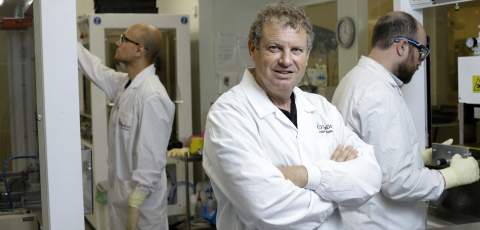

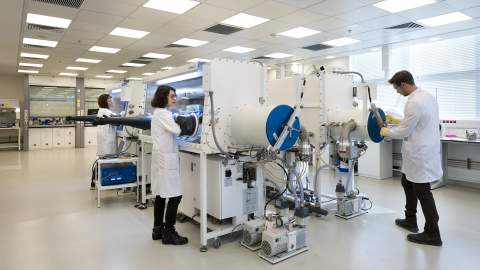
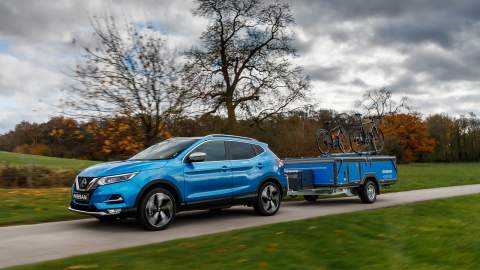 Nissan x OPUS concept camper uses second-life EV batteries
Nissan x OPUS concept camper uses second-life EV batteries 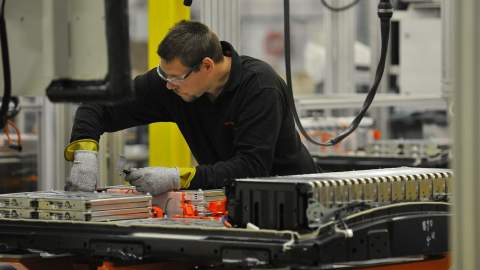
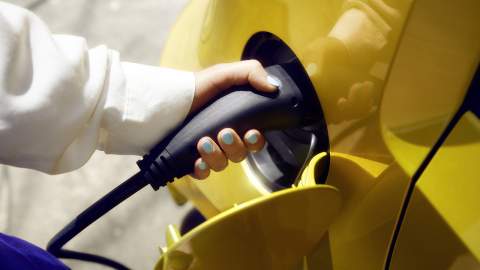 Clearly VW think differently to StoreDot having finalised a deal with QuantumScape to enable an industrial level of production of solid-state batteries
Clearly VW think differently to StoreDot having finalised a deal with QuantumScape to enable an industrial level of production of solid-state batteries 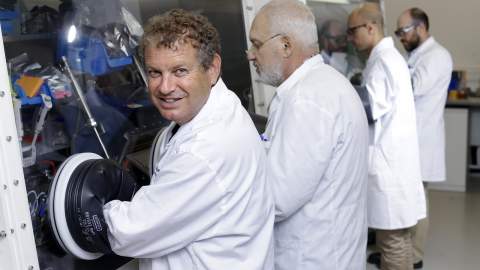
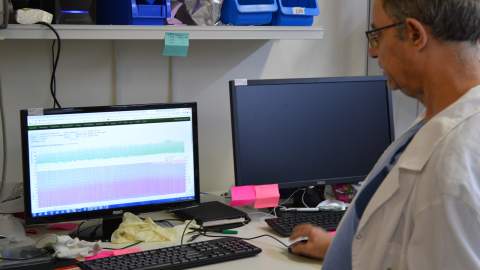
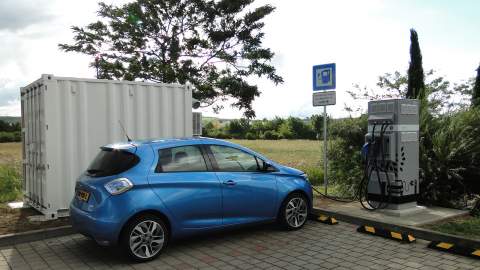 Renault is doing its part to support the energy transition by re-using the batteries from its electric vehicles for stationary energy storage.
Renault is doing its part to support the energy transition by re-using the batteries from its electric vehicles for stationary energy storage. 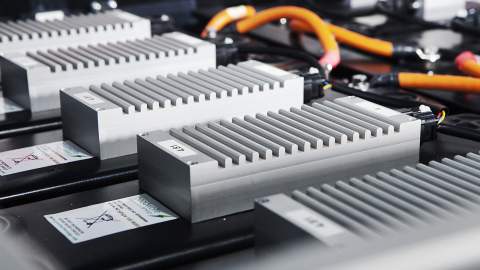 A collaborative project between Zero Carbon Futures and SR Technology Innovations is exploring the possibility of harnessing power in EV batteries as energy storage in a domestic or workplace environment, either for charging vehicles, providing an emergency power source or feeding power back into the grid
A collaborative project between Zero Carbon Futures and SR Technology Innovations is exploring the possibility of harnessing power in EV batteries as energy storage in a domestic or workplace environment, either for charging vehicles, providing an emergency power source or feeding power back into the grid 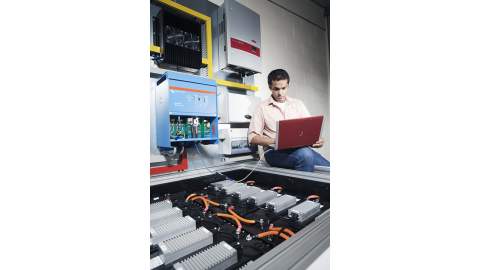
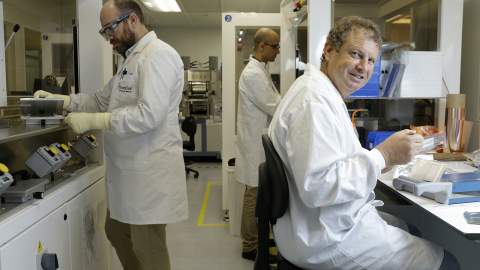



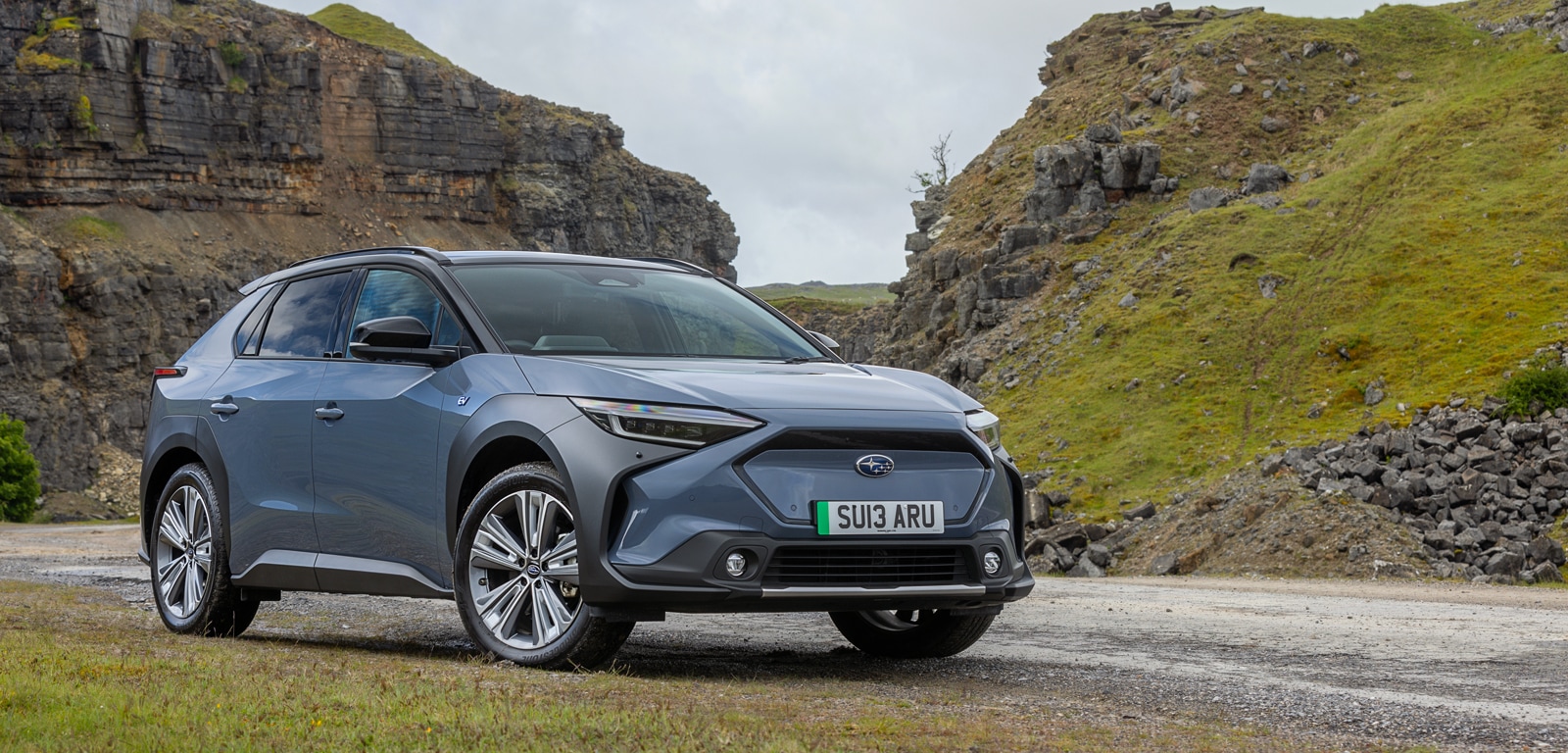
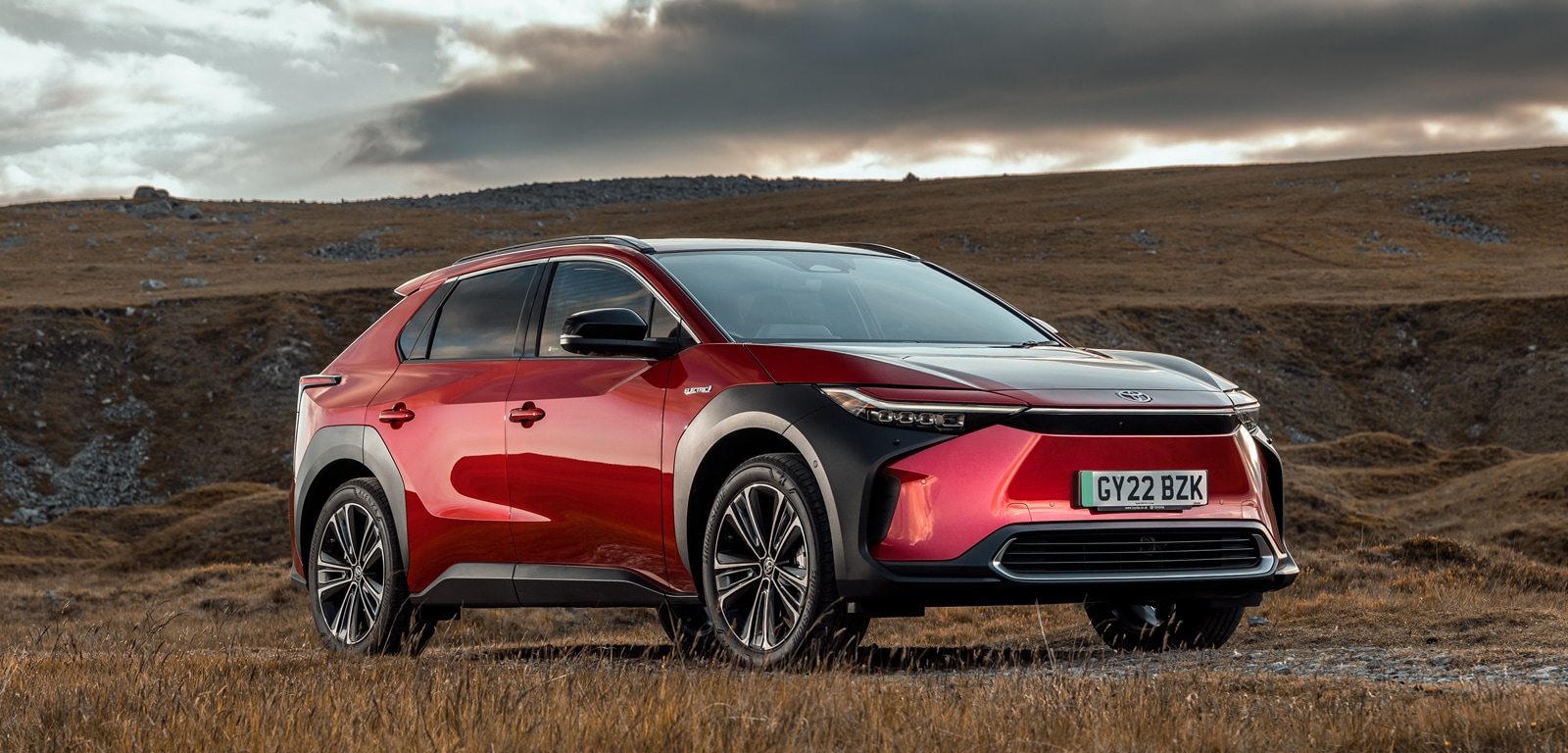
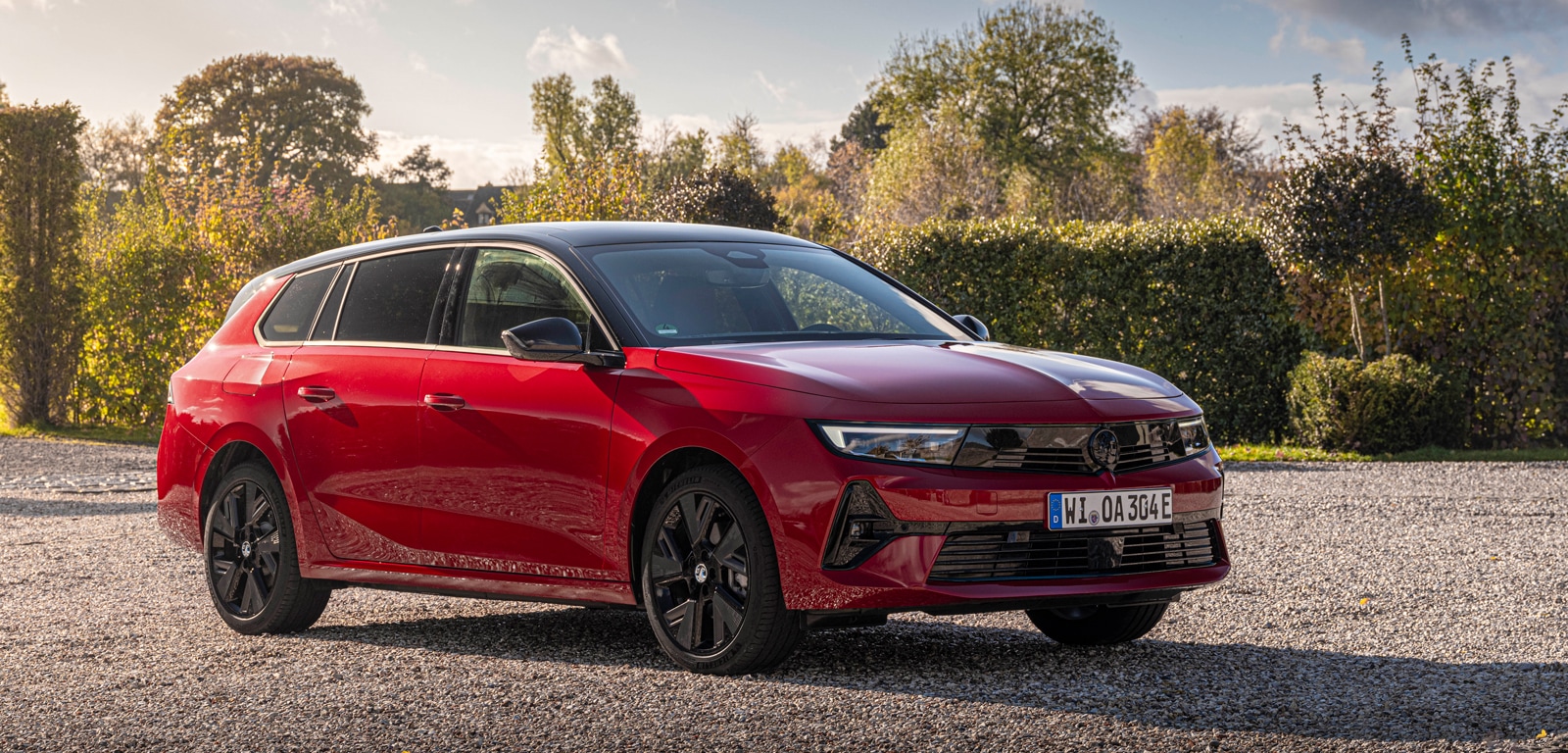
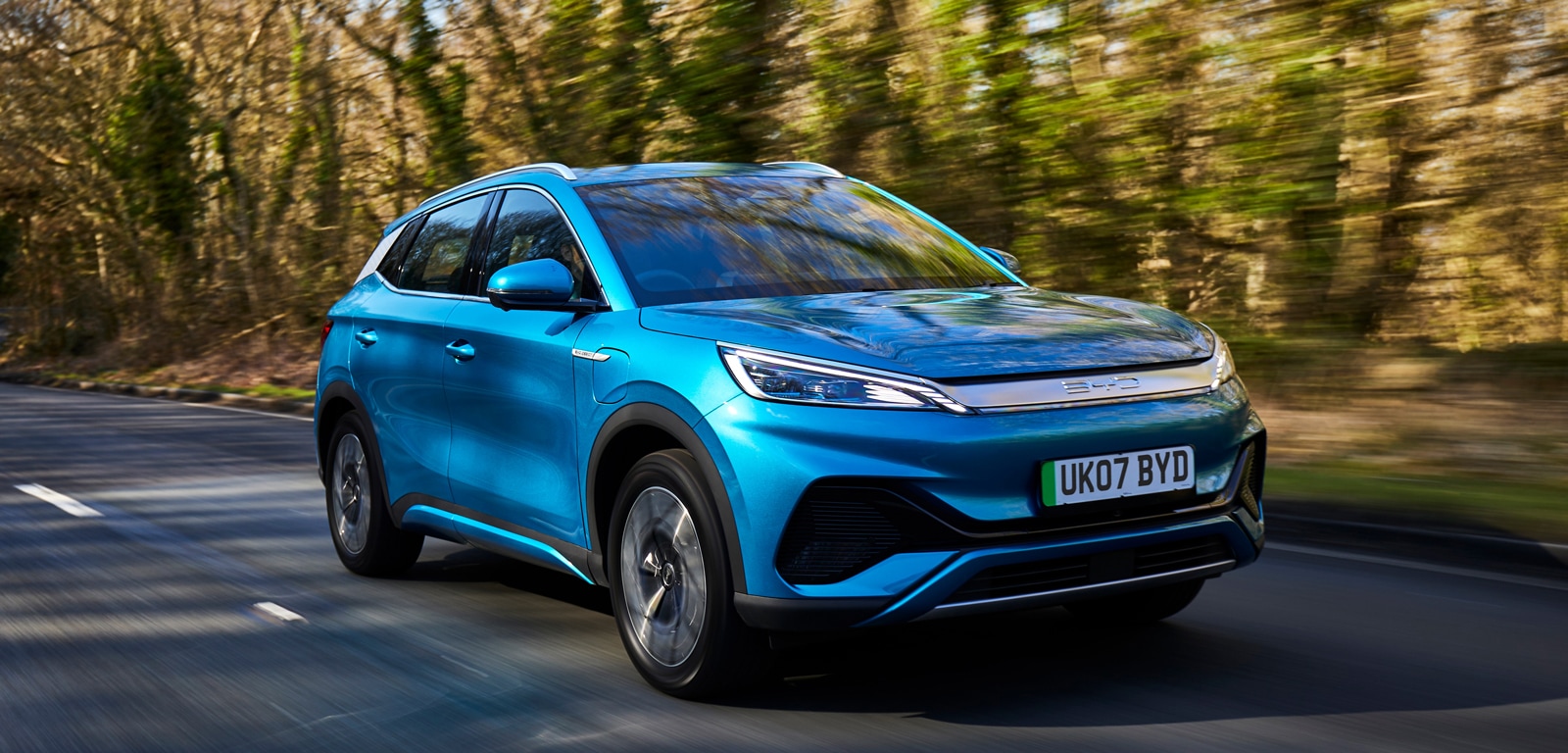

Comments (0)
Be the first to write a comment
Login/ Signup